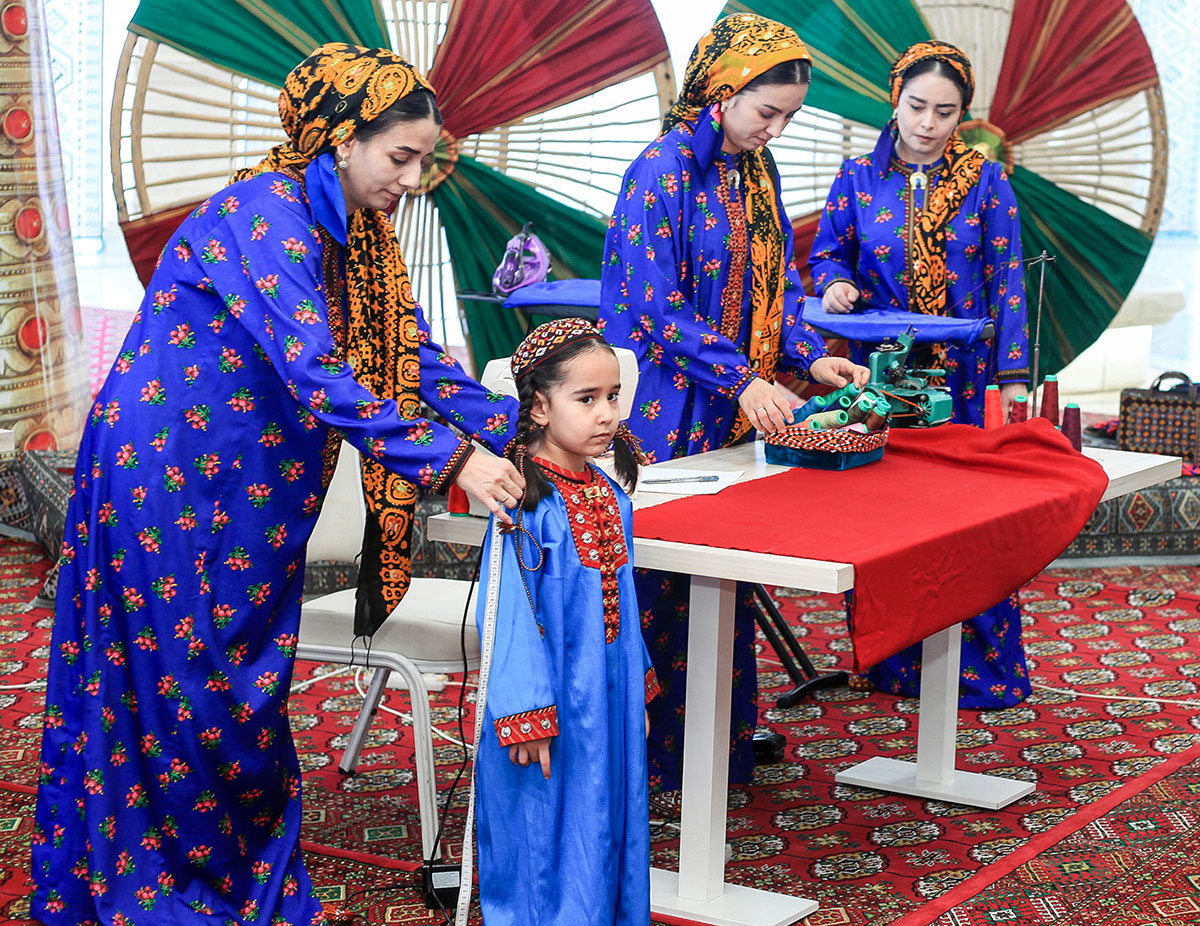From 4th to 6th of February, a regional workshop on «Stage-based implementation of brucellosis control in Central Asian and Caucasian countries» is being held in Budapest, Hungary, organised by the Food and Agriculture Organisation of the United Nations (FAO).
The delegation of Turkmenistan at the event is represented by employees of the State Veterinary Service under the Ministry of Agriculture and the Ministry of Health and Medical Industry of Turkmenistan.
Brucellosis is one of the key challenges in the livestock sector in the region, requiring an integrated approach due to its widespread and transboundary nature. The zoonotic nature of the disease requires cooperation between the veterinary and human health sectors. The One Health concept plays a significant role in this process, emphasising the need for interdisciplinary cooperation to ensure the health of people, animals and the environment.
The workshop brought together experts from the veterinary and human health sectors from eight countries, as well as delegations from international organisations such as FAO, the World Health Organisation (WHO) and the CDC (US Centres for Disease Control and Prevention).
FAO, together with CDC, has developed the Stepwise Approach to Brucellosis Control (SAPCB) and the Self-Assessment Tool for Countries (STEB). These resources are designed to support countries in their efforts to prevent, control and eliminate brucellosis in both animals and humans.
The SAPCB provides guidance on principles and strategies to strengthen capacity of countries to control brucellosis, while the STEB helps assess current capacity based on the stepwise approach.
The workshop will include presentations on current brucellosis issues and training on effective disease control. In addition, national delegations will prepare reports reflecting the findings and recommendations of the workshop, which will serve as a basis for developing national strategies for the prevention, control and eradication of brucellosis.








